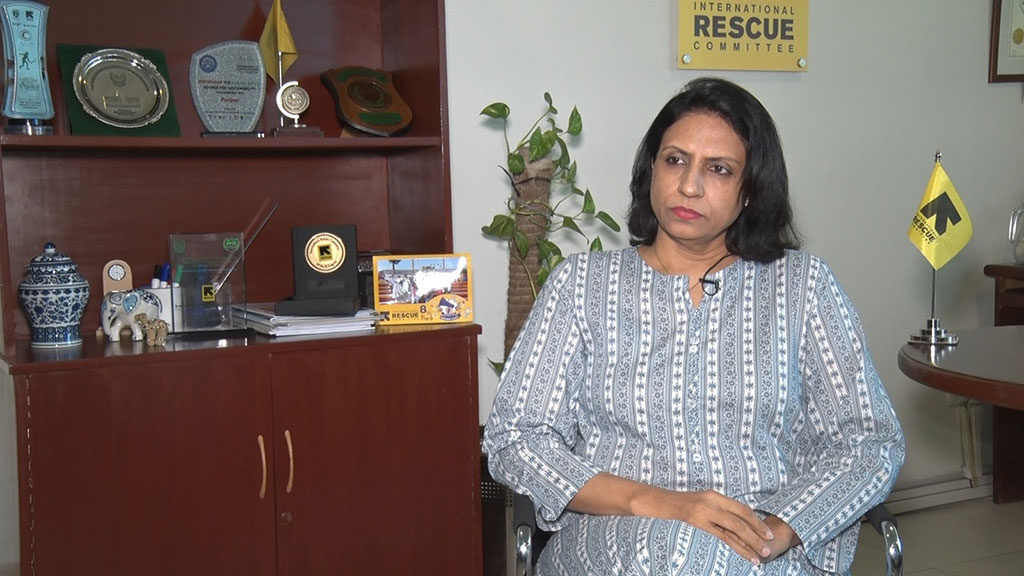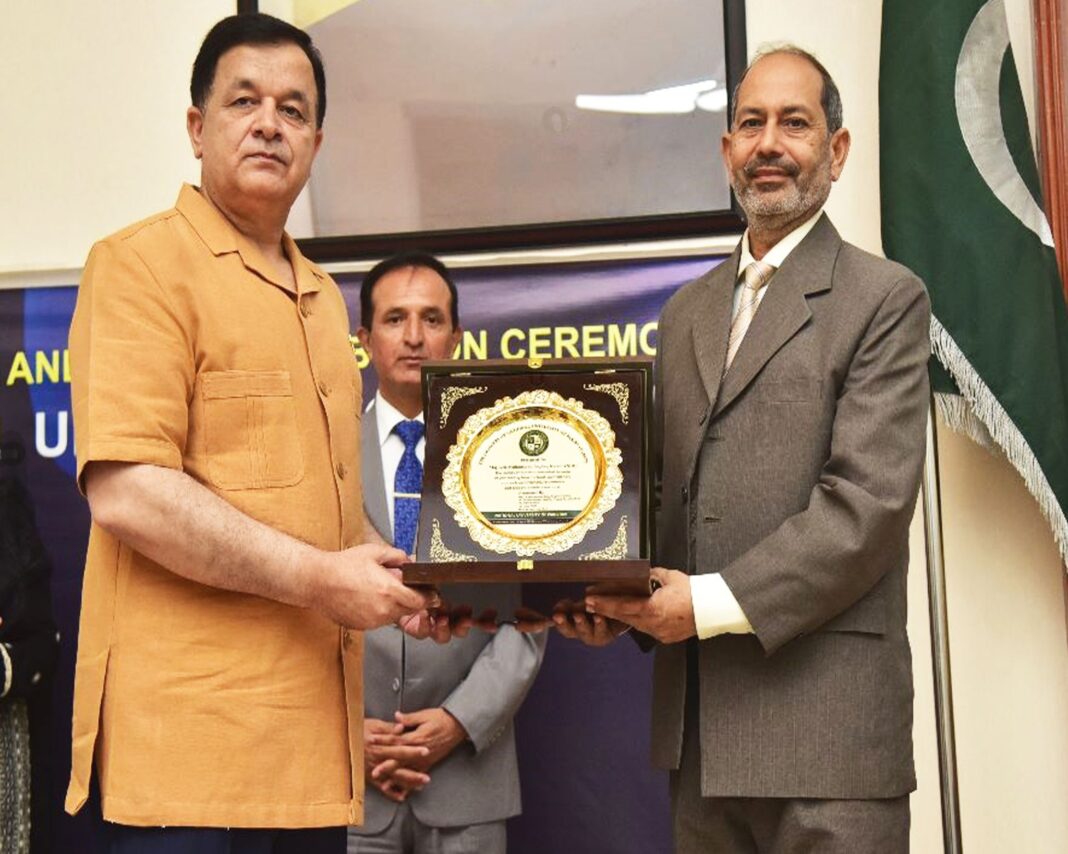By: Arisha Irshad Ali
Pakistan is experiencing tremendous inflation, as evidenced by the country’s high percentage of poverty and scarcity of essentials. Due to their fixed incomes, low- and middle-class families are more likely to contract various illnesses that cause them physical and psychological harm. This is demonstrated by the high tax rate. We place a high importance on health because without it, we are powerless. If the situation is still out of control, it will spread like cholera.
Cholera is caused by contaminated food or water. Clean drinking water comes under the umbrella of 6th sustainable development goals, but people here in Pakistan won’t be able to enjoy these basic perks. Due to low facilities for having access to clean water. The cholera epidemic occurs in Pakistan, and people are still at high risk because the core issue has not been solved yet.
The Punjab health authorities have declared a cholera outbreak, with over 2000 acute diarrheal cases being reported in Lahore in April 2022 and 25 laboratory-confirmed cases as of May 27, 2022.The increasing hydro-toxicity of underground water is another challenge to the disease spread. Poor cleanliness habits and a lack of public awareness about the illness act as a gateway for the illness to spread to people.Cholera outbreaks are triggered by a number of circumstances. Overpopulation is the primary contributor to these issues, depriving residents of a healthy standard of living due to inadequate housing, sanitary conditions, and access to clean water. Over 7 million people live in Lahore, Pakistan’s second-largest metropolis, which has an area of 1772 square kilometers.
The gram-negative, facultative, anaerobic, comma-shaped Vibrio cholerae bacteria causes cholera, a severe diarrheal sickness. Although this disease is treatable, if it is not caught early enough, individuals may wind up in the intensive care unit (ICU).The incubation period of cholera is 1 to 4 days, which means after having consumed food or water, the patient will get sudden severe diarrhea after 3 to 4 days. This will cause an abrupt change in the electrolytes and make the person dehydrated. Severe dehydration can make people uncouth. The preventive measures against this life-threatening bacteria are simple: clean water and sanitation. We all know that this bacteria is highly transmissible to the human host. Children are at high risk of it, and children with cholera also share a high mortality rate.
Pregnant women are not at the same high risk level as children, but they still have a higher chance of miscarriage, stillbirth, and early birth. This entire event demonstrates the ability of the disease that is being treated to claim numerous lives.
In Karachi, millions of people live in more than 600 slums with inadequate personal hygiene, unclean living conditions, and indiscriminate trash disposal. According to a study, household contact accounts for 80% of transmission. Despite the fact that in such circumstances, washing hands with soap can greatly reduce cholera transmission. Such folks frequently lack the means or drive to achieve it. 91% of Karachi’s water supply is unsafe for drinking due to high levels of E coli, Shigella, and cholera contamination.Additionally, there is a substantial correlation between the recurrence of cholera outbreaks and climatic factors, particularly in the aftermath of natural disasters like earthquakes, floods, and droughts. Additionally, there is a strong correlation between the recurrence of cholera outbreaks and climatic factors, particularly following natural disasters like floods and severe rain. These are the contributing factors to cholera. Karachi is expected to have heavy rains, which will affect the whole of Pakistan because we don’t have an advanced drainage system, and these floods and rains will bless us with another outbreak of cholera. Even if Pakistan does not receive heavy rains, it is still at risk of cholera because we don’t have clean water and sanitation. People, due to poverty, aren’t able to afford clean water. They use tap water for drinking purposes, which will not only bless them with cholera but also give them a lot of water-borne diseases.
It can help to limit complications, lessen the pressure on hospitals, and ultimately reduce mortality by educating the general population through seminars and campaigns on how to efficiently manage diarrhea caused by cholera. To effectively control and stop the spread of cholera, Water, Sanitation, and Hygiene (WASH) must be implemented. In addition, awareness efforts should be run to promote good personal hygiene, household water treatment and disinfection, network chlorination, and secure sewage disposal. The people of Pakistan may defeat this disease with proper education and a methodical approach. Things that should be heeded first are clean water and sanitation. Awareness can help people not get prey to the vicious cycle of dehydration caused by cholera. Our government must take steps as they did in the past to overcome cholera. Areas that are at high risk of cholera must be suspected and kept in mind when making decisions on a priority basis.
The writer is a freelance columnist. She can be reached at [email protected]



